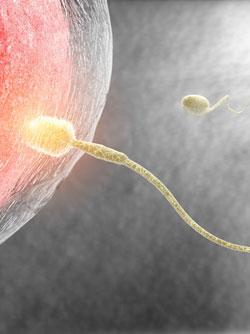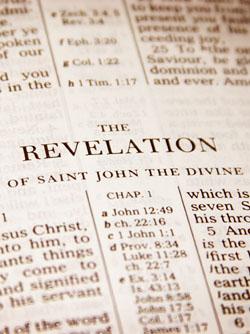Letters to the Editor
Thanks very much for your eye-opening magazine. God bless you for the good job you are doing! Thanks.
H. C., Mulanje, Malawi
I would like to say thank you for the books and DVDs you have sent me. I have enjoyed all, and have found the information very helpful. I enjoy your teaching as they are taken from the Bible, not from man.
C. W., Spring Gully, VIC, Australia
Recently you sent two copies of Tomorrow’s World to a friend of mine. She has lent them to me to read and I am very impressed. You don’t get teaching like this in the church. So many people haven’t got a clue what’s going on and they need to be told and warned.
B. M., Warrimoo, NSW, Australia
I really love your booklet Restoring Original Christianity. I’ve read a lot of books that have attempted to explicate original Christianity, but this book seems to come the closest. The image it gives of the original Church and its beliefs, compared to today’s mainstream churches, is unmistakably terrifying. If this book is true, then most churches today are frankly in error. This is a great book to study, but don’t forget your Bible and of course the history books than confirm these truths. Great job!
J. A., Fredericksburg, VA
I just started your Bible Study Course and I need to congratulate you for setting up such a wonderful program; easy to follow and meaningful to understand. Thank you, and may the good Lord bless your diligent work.
I. G., Yuma, AZ
Why did you refer to Mordecai as Esther’s “uncle” when two verses in the Bible (Esther 2:7, 15) refer to him as her cousin?
J. L., Northumberland, PA
Editor’s Note: The passing reference to “Uncle Mordecai” in a recent article (“Do You Seek God?,” July-August 2014, p. 5) should not be taken as a statement of Esther’s biological relationship to the older man who became her caretaker. Although some translations (e.g. the Latin Vulgate) directly state their relationship as uncle and niece, the original Hebrew says Esther was Mordecai’s bat dodo—“uncle’s daughter”—making them first cousins. The age difference between them might give rise to a colloquial use of “Uncle Mordecai” when describing Esther’s older caretaker, but the Hebrew is clear about their relationship as cousins.






